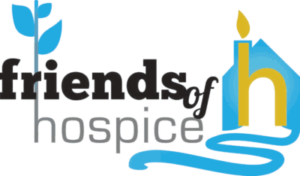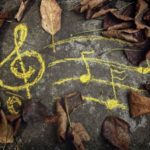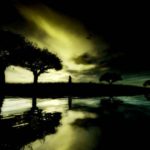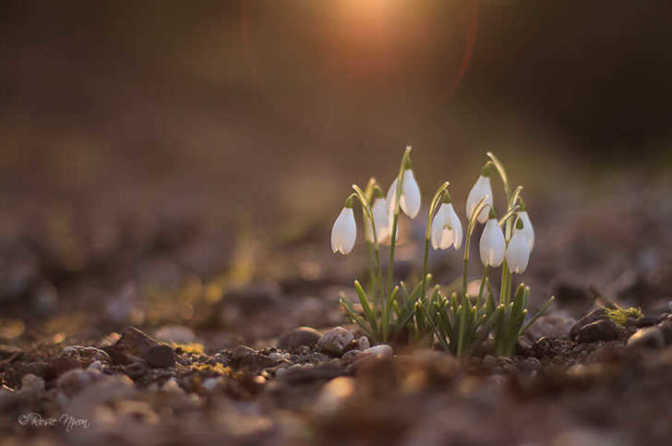How did I first learn about death? Well, around the kitchen table and family gatherings with extended family – aunts, uncles, and grandparents. Those times when we would reconnect with our families afar, and the conversations returned to earlier days and family members who had died. Although sometimes hushed conversations (and even sometimes laughter over the hilarious family memories), it was during those conversations that I got my first glimpse at the paradox of death. It was something to be revered, but yet something to be feared. However, not necessarily for the dying person, rather what it left in the wake for the living. The first time I ever remember my father crying was at my aunt’s funeral. Those tears came when he walked from the church and saw the pained looked of his brother. No words were exchanged, just the deep sorrow in my uncle’s eyes. I was stunned by this and felt the weight deep within my soul. I knew then, that death lived in our hearts right alongside love. Both neatly separated by the thin veil of disbelief.
The first early death I remember was my Uncle Eddy. I had never been in the room with a dead person until his rosary at the funeral home. Although very unsure of the situation, it was my mom, aunts, uncles, and neighbors who, without knowing, started to give me a sense of how we relate with the dead; and those grieving. I learned how to view a body, how to attend a funeral, how to go up to the grieving and simply be present. Certainly at 8 I didn’t have the words. I just brought normalcy that only an 8-year-old can bring to the moment. There was this unspoken sense of respect for the body, for the family as they arrived, and the deference given to the widow or widower.
There was, of course, always the humorous side of life that slipped into a funeral. Like the time, as a young child, I waited on a hot summer afternoon outside the steps of the church to enter a big funeral. As conversations go, I overheard a group near us talking. Ever inquisitive, I blurted out to my Mother (and all of the rest of the world to hear) “Mom, what are hemorrhoids?” And I thought talking about death was hushed.
In the last 45 years since my childhood, much has changed about how we learn about death, how we honor our dead, and our relationship with death and dying. It’s certainly not that things shouldn’t change with our cultural norms about death and dying. Rather as things do change, we need more than ever those whom we can talk to, share with, and learn from about death.
As part of this new cultural shift, in 2010, Jon Underwood decided to develop a series of projects about death, one of which was to focus on talking about death. In November Jon read about the work of Bernard Crettaz, a Swiss sociologist and death café pioneer in the Independent newspaper from London, England. Inspired by Bernard’s work, Jon immediately decided to use a similar model for his own project, and Death Café was born. His first gathering was in East London in September 2011.
Death Cafés, an international movement, now available on the Palouse. At a Death Café people, often strangers, gather to eat cake, drink tea and discuss death. It is a group directed discussion of death with no agenda, objectives or themes. It is a discussion group rather than a grief support or counseling session.
Death Cafés are always offered:
– On a not for profit basis
– In an accessible, respectful and confidential space
– With no intention of leading people to any conclusion, product or course of action
– Alongside refreshing drinks and nourishing food – and cake!
Editor’s Note: Information source on the history and what is a Death Café from deathcafe.com. Friends of Hospice now offers Talk and Treats Death Café. We create a safe and confidential space to share your thoughts and ideas on death and dying. We will meet around the county at various locations and times throughout the year. Watch our website www.friendsofhospice.net, facebook page www.facebook.com/friendsofhospice and deathcafe.com to register for our next Death Café March 11th at the Old European Restaurant in Pullman, Washington, from 1 pm to 3 pm.
We’ll provide coffee, tea, and treats. You bring your interest and inquisitiveness. The Death Café is free-of-charge through Friends of Hospice.
“The opposite of life is not death. The opposite of death is birth. Life has no opposite.” Eckhart Tolle





